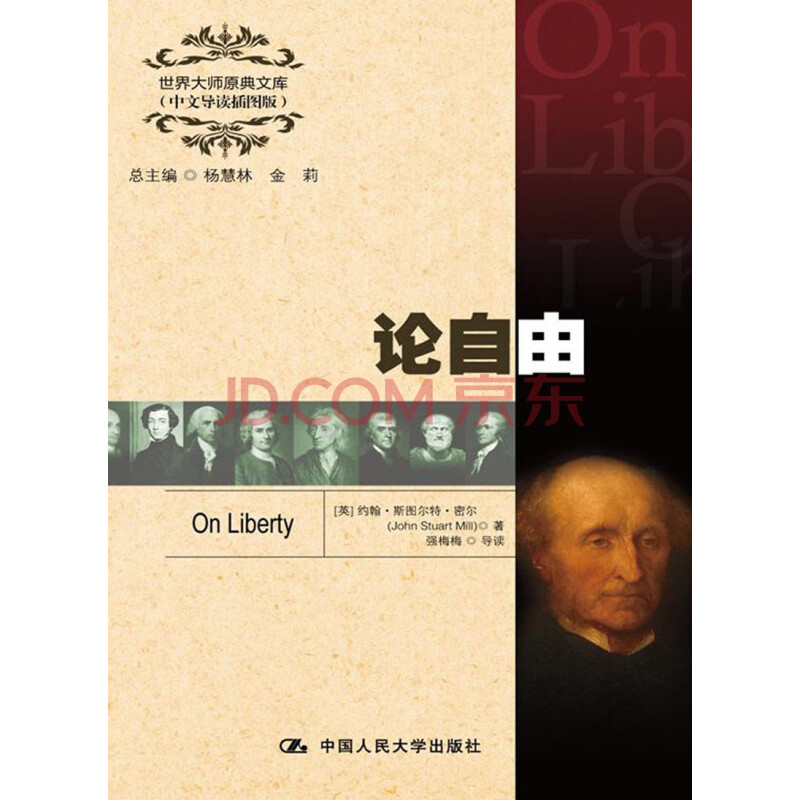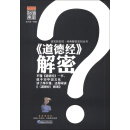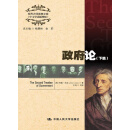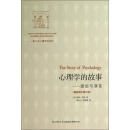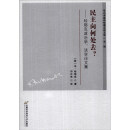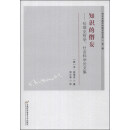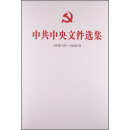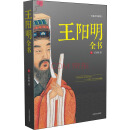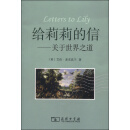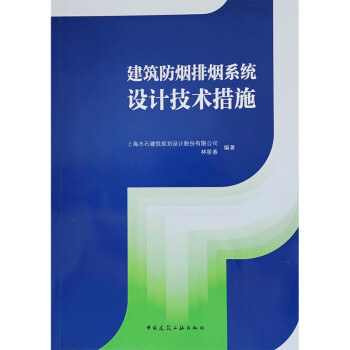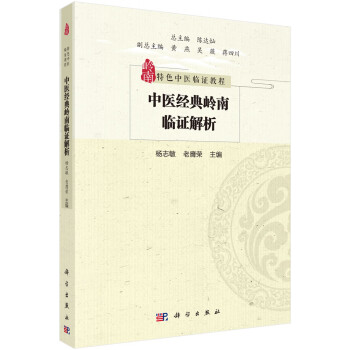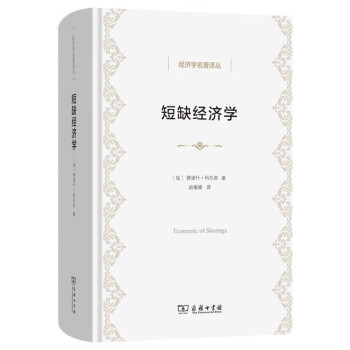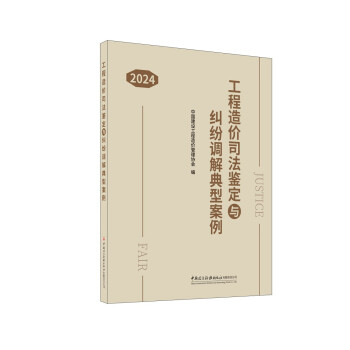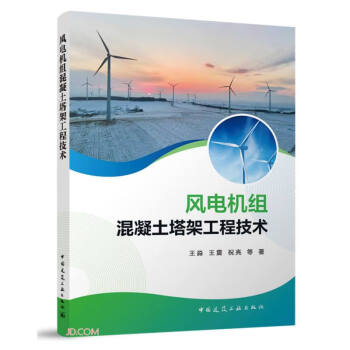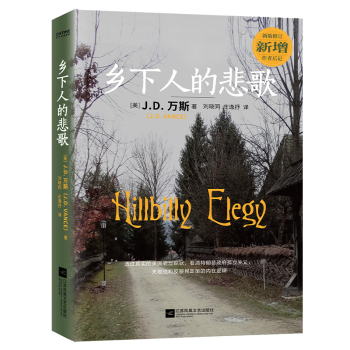内容简介
《世界大师原典文库:论自由(中文导读插图版)》中心论题有三个:(1)论思想自由和讨论自由;(2)论个性自由;(3)论社会对个人自由的控制。《世界大师原典文库:论自由(中文导读插图版)》共5章,以公民自由为中心,对自由问题进行了多方面的阐述。书中论述资本主义制度下的公民自由权利,阐明“社会所能合法施用于个人的权力的性质和限度”,并提出了自由的各项“原则”。《世界大师原典文库:论自由(中文导读插图版)》是自由理论体系的集大成之作,论述了资本主义制度下的公民自由权利,在西方被高度评价为“对个人自由最动人心弦,最强有力的辩护”。
目录
Chapter 1 Introductory
Chapter 2 Of the Liberty of Thought and Discussion
Chapter 3 Of Individuality, as One of the Elements of Well-being
Chapter 4 Of the Limits to the Authority of Society over the Individual
Chapter 5 Applications
试读
THE subject of this Essay is not the so-called Liberty of the Will, so unfortunately opposed to the misnamed doctrine of Philosophical Necessity; but Civil, or Social Liberty: the nature and limits of the power which can be legitimately exercised by society over the individual. A question seldom stated, and hardly ever discussed, in general terms, but which profoundly influences the practical controversies of the age by its latent presence, and<br>is likely soon to make itself recognized as the vital question of the future. It is so far from being new, that, in a certain sense, it has divided mankind, almost from the remotest ages, but in the stage of progress into which the more civilized portions of the species have now entered, it presents itself under new conditions, and requires a different and more fundamental treatment.<br> The struggle between Liberty and Authority is the most conspicuous feature in the portions of history with which we are earliest familiar, particularly in that of Greece, Rome, and England. But in old times this contest was between subjects, or some classes of subjects, and the Government. By liberty, was meant protection against the tyranny of the political rulers. The rulers were conceived (except in some of the popular governments of Greece) as in a necessarily antagonistic position to the people whom they ruled.They consisted of a governing One, or a governing tribe or caste, who derived their authority from inheritance or conquest; who, at all events, did not hold it at the pleasure of the governed, and whose supremacy men did not venture, perhaps did not desire, to contest, whatever precautions might be taken against its oppressive exercise. Their power was regarded as necessary, but also as highly<br>dangerous; as a weapon which they would attempt to use against their subjects, no less than against external enemies. To prevent the weaker members of the community from being preyed upon by innumerable vultures, it was needful that there should be an animal of prey stronger than the rest, commissioned to keep them down. But as the king of the vultures would be no less bent upon preying<br>on the flock than any of the minor harpies, it was indispensable to be in a perpetual attitude of defence against his beak and claws. The aim, therefore, of patriots, was to set limits to the power which the ruler should be suffered to exercise over the community; and this limitation was what they meant by liberty. It was attempted in two ways. First, by obtaining a recognition of certain immunities, called political liberties or rights, which it was to be regarded as a breach of duty in the ruler to infringe, and which, if he did infringe, specific resistance, or general rebellion, was held to be justifiable. A second, and generally a later expedient, was the establishment<br>of constitutional checks; by which the consent of the community, or of a body of some sort supposed to represent its interests, was made a necessary condition to some of the more important acts of the governing power. To the first of these modes of limitation, the ruling power, in most European countries, was compelled, more or less, to submit. It was not so with the second; and to attain this, or when already in some degree possessed, to attain it more completely, became everywhere the principal object of the lovers of liberty. And so long as mankind were content to combat one enemy by another, and to be ruled by a master, on condition of being guaranteed more<br>or less efficaciously against his tyranny, they did not carry their aspirations beyond this point.

